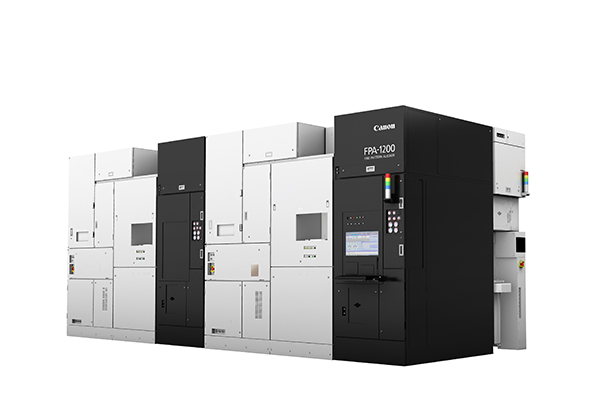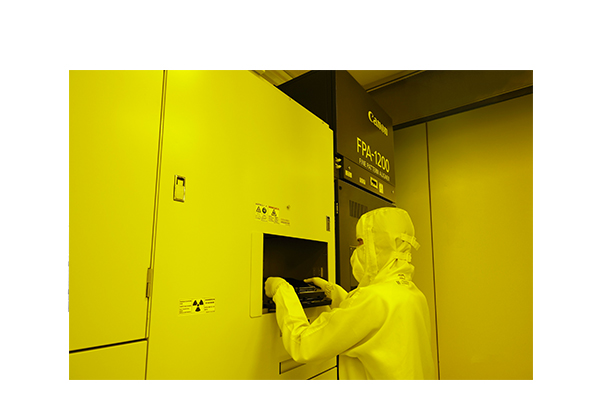Canon Delivers FPA-1200NZ2C Nanoimprint Lithography System for Semiconductor Manufacturing to Texas Instruments Electronics Laboratory
TOKYO, Sept. 26, 2024 — Canon Inc. today announced it will ship its cutting-edge lithography platform, the FPA-1200NZ2C nanoimprint lithography (NIL) system for semiconductor manufacturing, to Texas Institute of Electronics (TIE), a semiconductor consortium based in Texas, on September 26, 2024.


Canon has commercialized the world’s first semiconductor manufacturing equipment that uses NIL technology, which forms circuit patterns in a way that differs from conventional projection exposure technology, and released the “FPA-1200NZ2C” on October 13, 2023.
Conventional photolithography equipment projects and transfers circuit patterns onto a wafer coated with resist, whereas this product transfers the circuit pattern by pressing a mask engraved with the circuit pattern onto the resist on the wafer like a stamp. Since the circuit pattern is transferred without using an optical mechanism, the fine circuit pattern on the mask is faithfully reproduced on the wafer. While reducing power consumption and costs, it is possible to pattern with a minimum line width of 14nm1, which corresponds to the 5nm node2 required for the manufacture of cutting-edge logic semiconductors.
The FPA-1200NZ2C will be used at TIE for advanced semiconductor research and development and prototype manufacturing.
Founded in 2021 and supported by The University of Texas at Austin, TIE is a semiconductor consortium comprised of state and local governments, semiconductor companies, national research institutes, and other organizations. TIE provides open access to semiconductor research and development initiatives and prototyping facilities to help solve problems related to advanced semiconductor technologies, including advanced packaging techniques.
Canon will continue to promote research and development using nanoimprint exposure systems for semiconductor manufacturing, thereby contributing to the evolution of semiconductor manufacturing technology.

